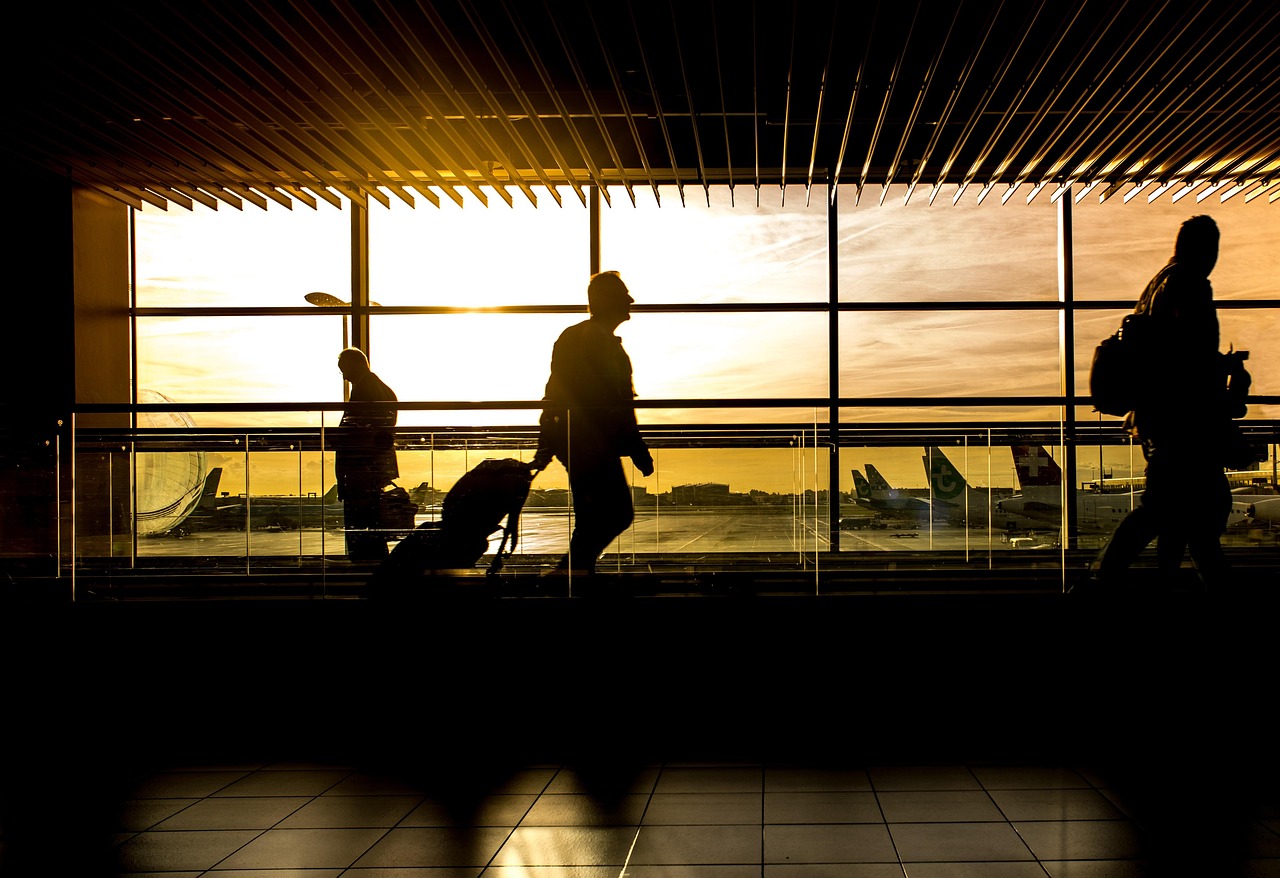
Major update for SA travellers: US airports drop shoe removal rule
Under a new policy, US airports will no longer require passengers to remove their shoes during security screening.

Homeland Security Secretary Kristi Noem announced on Tuesday that passengers at US airports will no longer need to remove their shoes during security checks, a major change to Transportation Security Administration (TSA) rules introduced 20 years ago.
She unveiled the updated policy during a press conference at Washington’s Ronald Reagan National Airport.
Explosives hidden in shoes
Passengers at US airports have been required to take off shoes during screenings since 2006, five years after the arrest of “Shoe Bomber” Richard Reid, who had explosives hidden in his footwear onboard.
“In those 20 years since that policy was put in place, our security technology has changed dramatically. It’s evolved. TSA has changed. We have a multi-layered whole of government approach now to security,” Noem said.
“We are very confident that we can continue to provide hospitality to folks and for American travelers and for those visiting our country, while maintaining the same standard of security for passengers and for our homeland,” she added.
In December 2001, other passengers overpowered Reid, a member of Al-Qaeda, after he attempted to ignite a fuse hidden in his shoes on an American Airlines flight from Paris to Miami.
Reid later pleaded guilty to terrorism and related charges and is now serving a life sentence in a maximum-security prison in Colorado.
Past attacks
TSA said in a statement on the shoe policy change that other security measures will remain in place.
“Other aspects of TSA’s layered security approach will still apply during the TSA checkpoint process. For example, passengers subject must still clear identity verification, Secure Flight vetting, and other processes,” it said.
Past attacks—both successful and foiled—have prompted airports to implement numerous new security measures over recent decades, especially after the September 11, 2001 attacks, when hijackers crashed passenger jets into the Twin Towers in New York and the Pentagon.
In 2006, British authorities foiled a terror plot targeting multiple planes with liquid explosives detonated mid-air. Since then, airports have imposed strict restrictions on liquids and gels like toothpaste.
Security officials have also increased electronic screenings, requiring passengers to remove laptops from their bags to prevent potential attacks.
